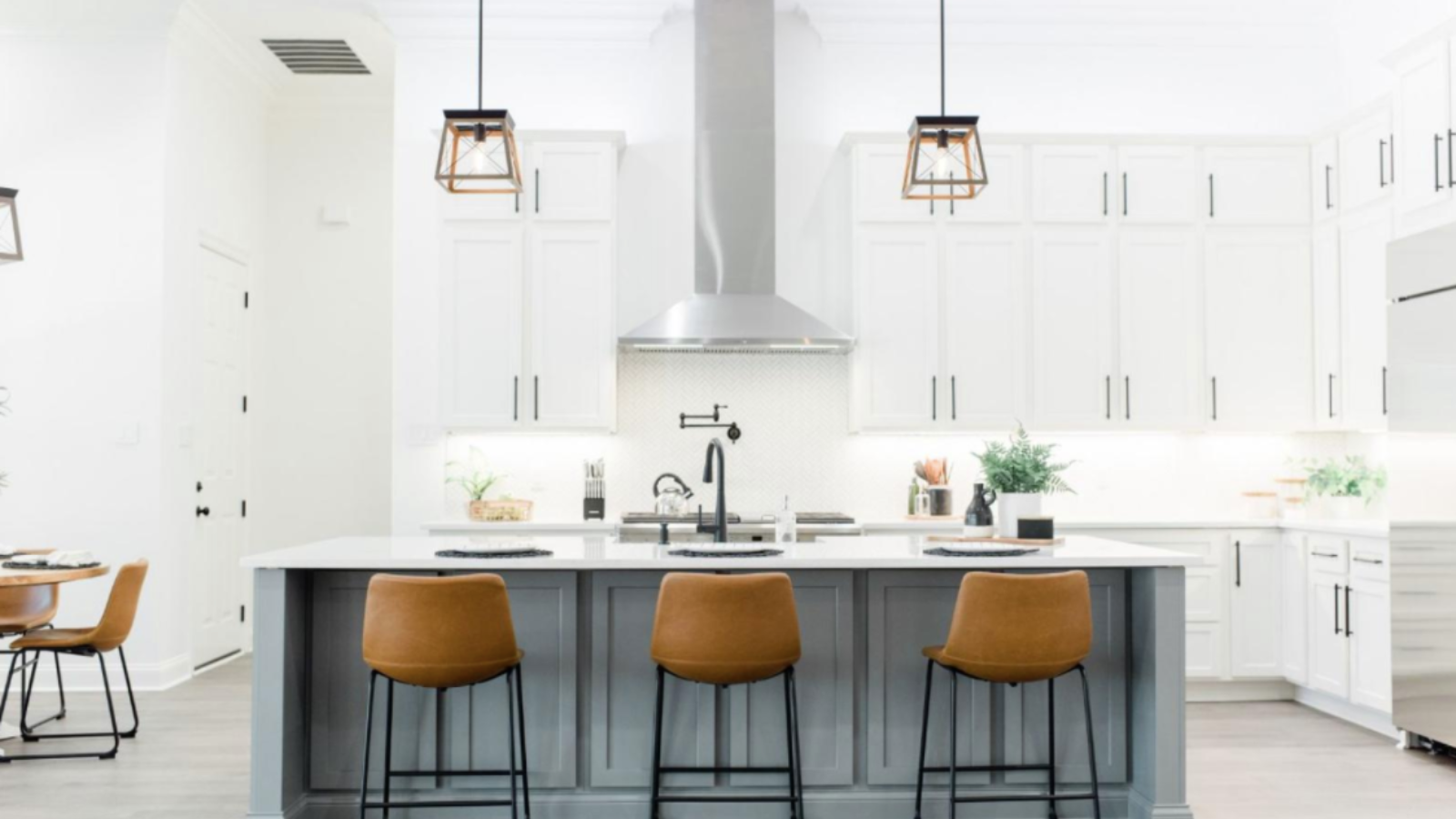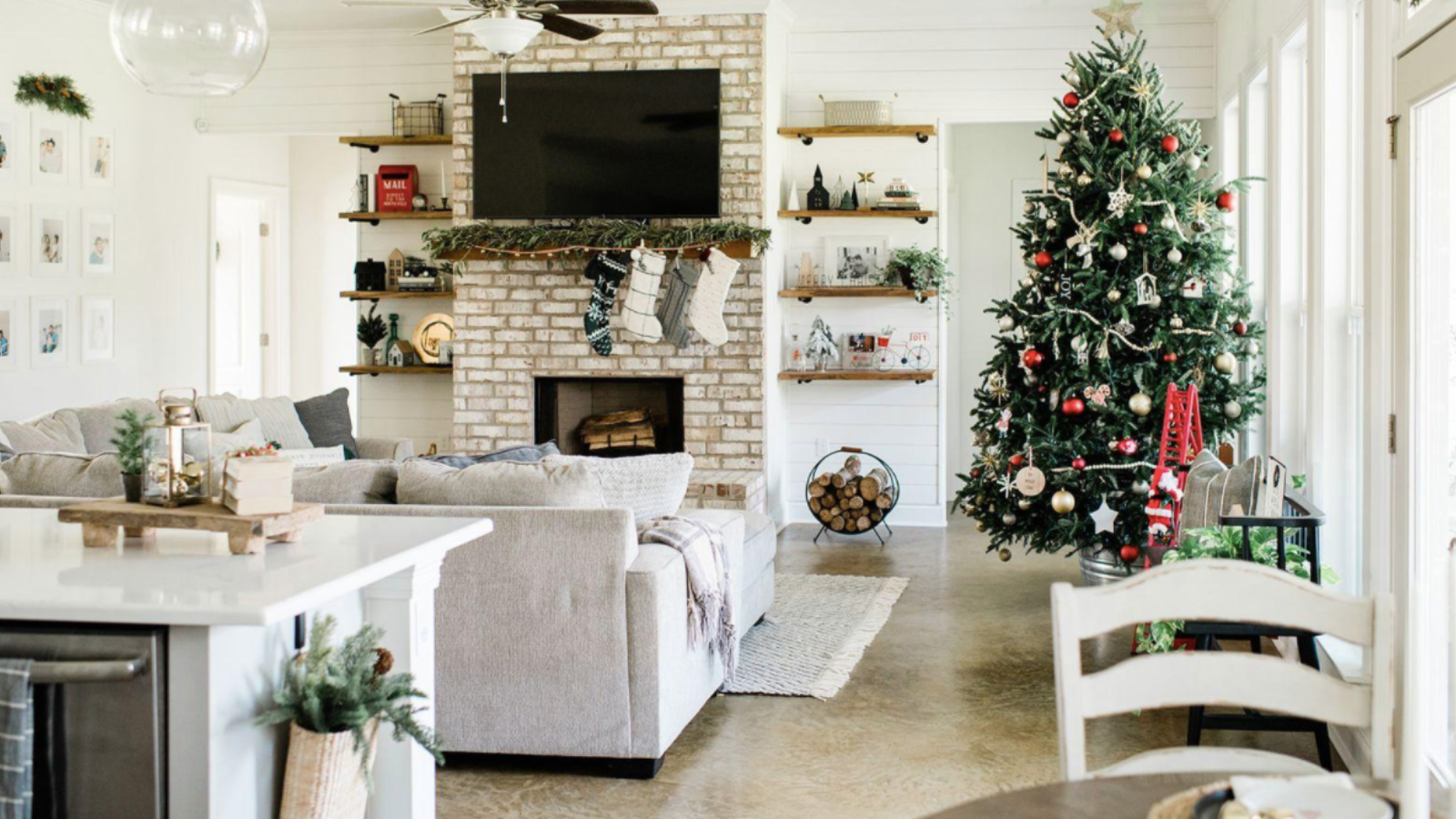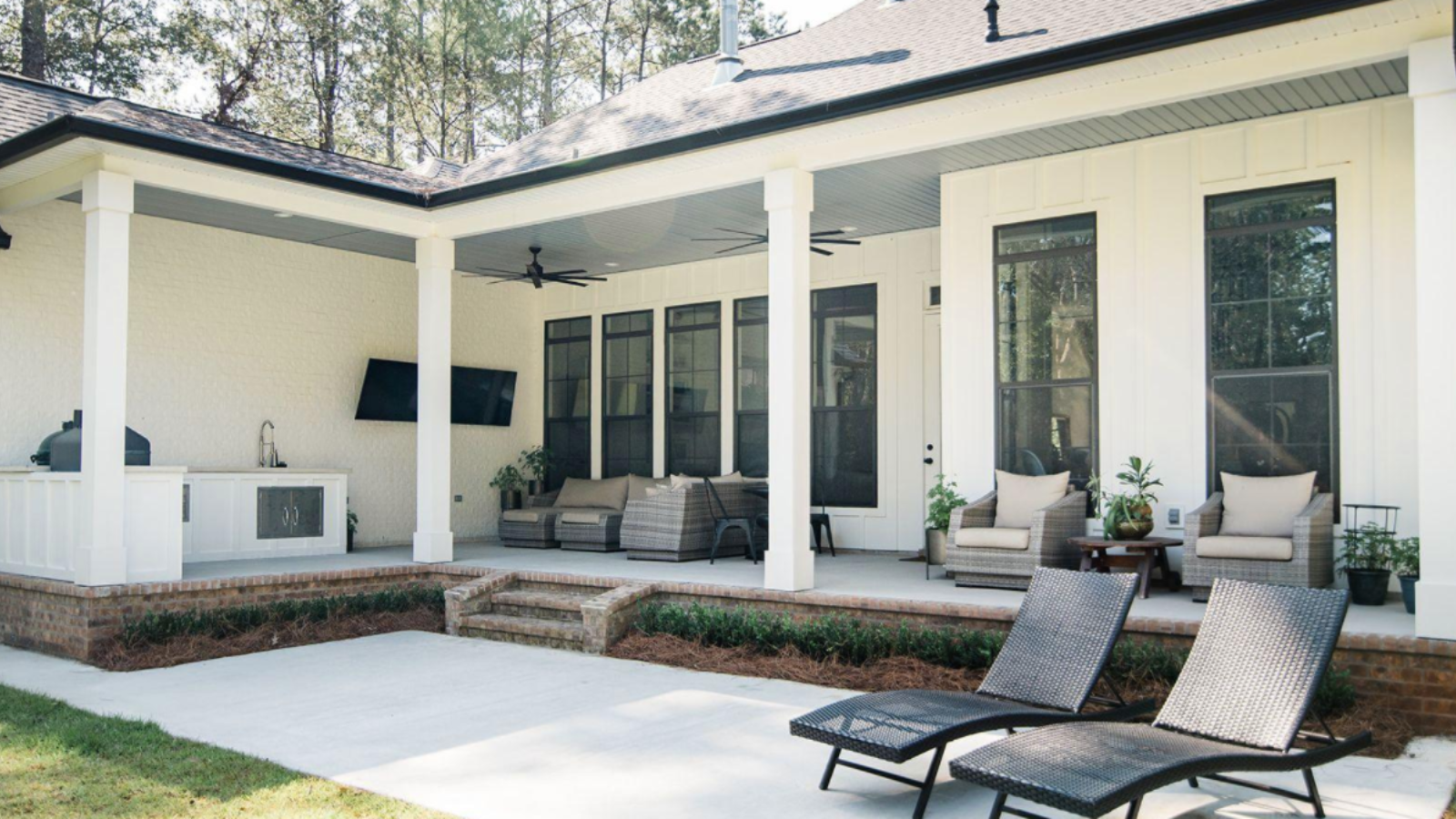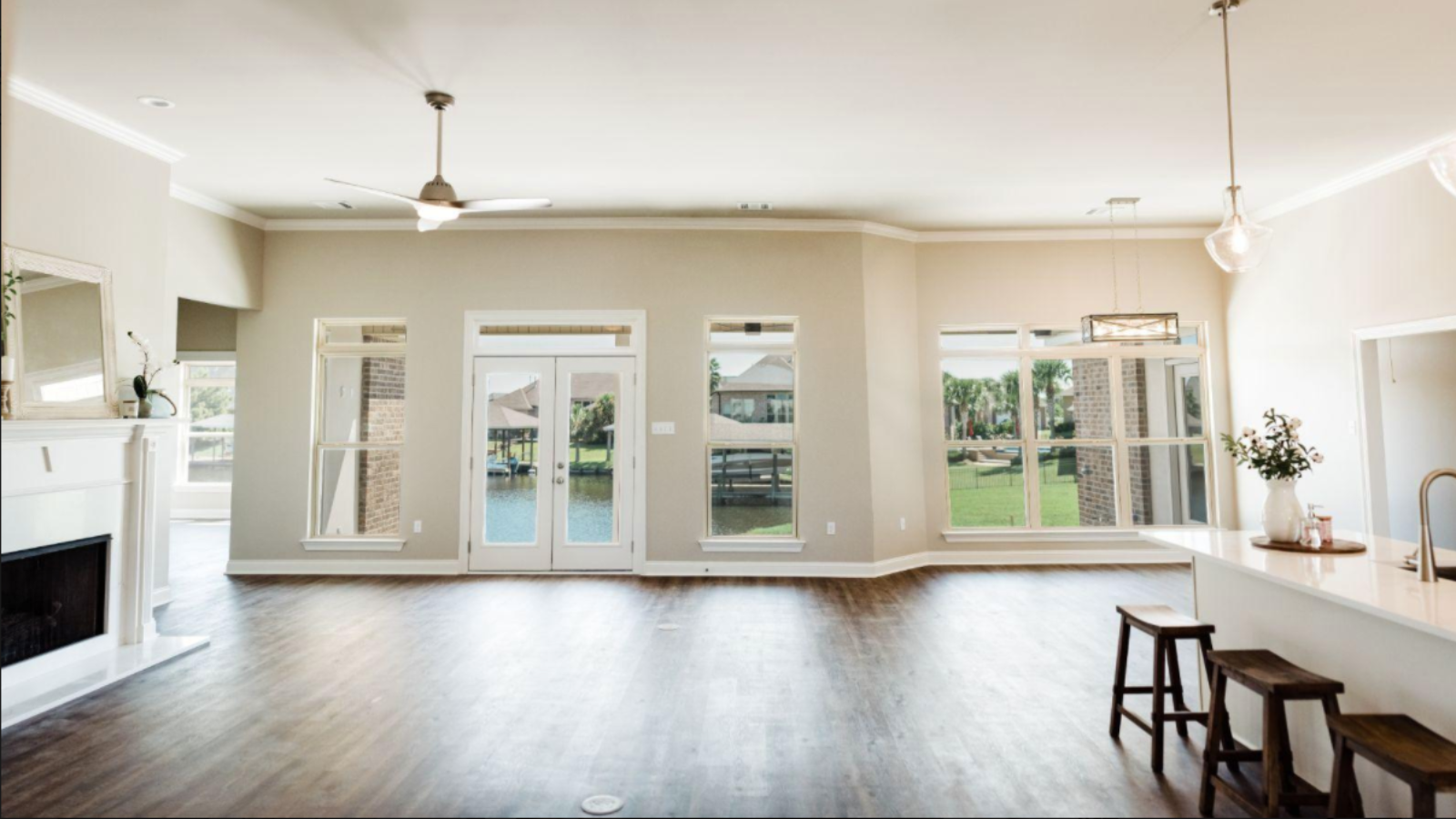News
Budgeting Tips for Your Custom Home Build
Discover expert budgeting tips for building your dream home with Cretin Townsend Homes. Smart planning saves money. Learn more from a top homebuilder Louisiana.

Introduction
Let’s be honest—building a custom home is exciting, but it can also be financially overwhelming if you don’t have a plan. You’re not just picking paint colors and flooring. You’re managing one of the biggest investments of your life.
So, how do you avoid turning your dream home into a financial nightmare? You start with a rock-solid budget.
Think of your budget as the GPS for your homebuilding journey. It keeps you on track, helps you avoid wrong turns, and gets you to your dream destination without emptying your wallet.
Let’s dive into practical, real-world budgeting tips to help you build smart, not stressed.
Understanding the True Cost of a Custom Home
What “Custom” Really Means for Your Wallet
You’ve probably heard the word custom and thought, “That’s going to be expensive.” But here’s the thing—custom doesn’t automatically mean outrageous. It means you’re in control. You choose what to splurge on and where to save.
The price tag comes down to materials, design complexity, and square footage. The more detailed your choices, the more your budget will stretch. But you have the power to balance luxury with cost-efficiency.
Common Hidden Costs You Shouldn’t Overlook
Ever hear the saying, “It’s not the big splashes but the small leaks that sink the ship”? Small, overlooked costs can derail your budget fast. Think utility hookups, soil testing, impact fees, and even temporary living costs if your build runs long.
Plan for these from the start. Don’t let hidden expenses sneak up on you.
Start with a Realistic Budget
Research Local Construction Costs
Every market is different. What $400,000 buys in one city might cost $600,000 elsewhere. Do your homework on local labor, materials, and land prices.
Reach out to local builders, check online resources, or schedule a consultation with experts like Cretin Townsend Homes. Knowing your market keeps your budget grounded in reality.
Align Your Budget with Your Lifestyle and Priorities
Do you really need that 1,000-square-foot garage, or is a bigger kitchen more important? Your home should reflect your lifestyle, not someone else’s Pinterest board.
List your must-haves, nice-to-haves, and things you’re willing to skip. This clarity helps you build a home that fits your life and your budget.
Factor in Pre-Construction Expenses
Land Purchase and Lot Preparation
Buying land isn’t as simple as swiping your card. You’ll need to budget for site clearing, grading, drainage, and even tree removal. Some lots need more prep than others, which can add thousands to your bottom line.
Permits, Inspections, and Fees
Local governments don’t hand out building permits for free. From zoning approvals to final inspections, these fees can add up. Make sure you get a clear list of all local and state requirements so you’re not blindsided later.
Design Choices Impact Your Budget
Choosing Between Standard vs. High-End Finishes
Do you really need imported marble countertops, or will quartz do the job just fine? The materials you select have a massive impact on your budget.
Sometimes, the difference between a $500 faucet and a $50 faucet is just the brand name. Choose wisely.
Custom Floor Plans vs. Pre-Designed Plans
Going fully custom gives you creative freedom but comes with higher costs. Pre-designed plans can save you money while still offering plenty of flexibility. It’s all about finding the balance between personalization and affordability.
Work with the Right Builder from Day One
Transparent Pricing and Detailed Estimates
A trustworthy builder should provide detailed, line-item estimates. If a quote seems too vague or too good to be true, it probably is.
At Cretin Townsend Homes, transparency is non-negotiable. You deserve to know exactly where every dollar is going.
Value Engineering Without Compromising Quality
Value engineering isn’t about cutting corners. It’s about finding smarter ways to achieve the same result—like choosing cost-effective materials that still deliver style and durability.
Financing Your Custom Home Build
Understanding Construction Loans vs. Traditional Mortgages
Unlike buying an existing home, building requires a construction loan. These loans are short-term and convert to a traditional mortgage after the home is complete.
Talk to a lender early to understand your options. Knowing your financial boundaries helps you plan with confidence.
Securing Pre-Approval to Set Financial Boundaries
Pre-approval isn’t just a green light—it’s your financial safety net. It helps you set realistic expectations and keeps you from falling in love with features that are outside your price range.
Budgeting for the Unexpected
Why You Need a Contingency Fund
Life happens. Prices change. Materials get delayed. A contingency fund—typically 10–15% of your total budget—gives you breathing room when the unexpected strikes.
How to Prepare for Market Fluctuations and Material Delays
From lumber shortages to shipping delays, the market is unpredictable. Staying flexible and maintaining open communication with your builder can help you navigate these bumps without busting your budget.
Making Smart Selections to Control Costs
Prioritize What Matters Most to You
Spend where it counts—whether that’s in your kitchen, master suite, or outdoor living space. You don’t need everything to be top-of-the-line to enjoy your custom home.
Revisit Your Wish List to Stay On Track
Sometimes the best budget-saving move is saying “not right now.” You can always add upgrades later when your finances are ready.
Monitor Your Budget Throughout the Build
Stay Involved with Regular Check-Ins
You don’t have to micromanage, but you should stay engaged. Schedule regular check-ins with your builder to review costs, progress, and any changes.
Communicate Openly with Your Builder
Clear communication prevents misunderstandings. Don’t hesitate to ask questions or request updates. Your builder should be your budgeting partner, not a mystery to figure out.
The Long-Term Value of Smart Budgeting
Avoiding Post-Move-In Financial Stress
The goal isn’t just to build your dream home—it’s to enjoy it. Sticking to your budget means you can move in with peace of mind, not piles of debt.
Investing in Quality for Long-Term Savings
Sometimes spending a little more upfront—on energy-efficient systems or durable materials—can save you thousands over the life of your home.
Conclusion
Building a custom home is one of life’s most rewarding adventures, but it’s easy to get financially off-track without a solid plan. By following these budgeting tips, you can build smart, avoid stress, and move into a home you truly love—without the lingering financial hangover.
At Cretin Townsend Homes, we’re here to guide you through every step—helping you balance your dream design with your real-world budget. Ready to get started? Let’s talk.
Frequently Asked Questions
1. What percentage should I budget for unexpected costs? A good rule of thumb is to set aside 10–15% of your total budget for surprises like material price hikes or unexpected construction challenges.
2. Is building a custom home more expensive than buying an existing one? Not always. While custom homes can cost more upfront, they offer better long-term value by giving you exactly what you want with no need for costly renovations later.
3. How do I know if my builder’s price is fair? Get multiple detailed estimates, check online reviews, and ask for references. A fair builder will provide transparent, itemized pricing—not vague ballpark figures.
4. What’s the best way to finance a custom home build? Construction-to-permanent loans are the most common. They cover the building phase and convert to a mortgage when construction is complete. Talk to your lender to explore your options.
5. How can I cut costs without sacrificing quality? Focus on value engineering, prioritize your must-haves, and consider phased upgrades. Sometimes, simple design adjustments can lead to big savings without compromising the look or durability of your home.




